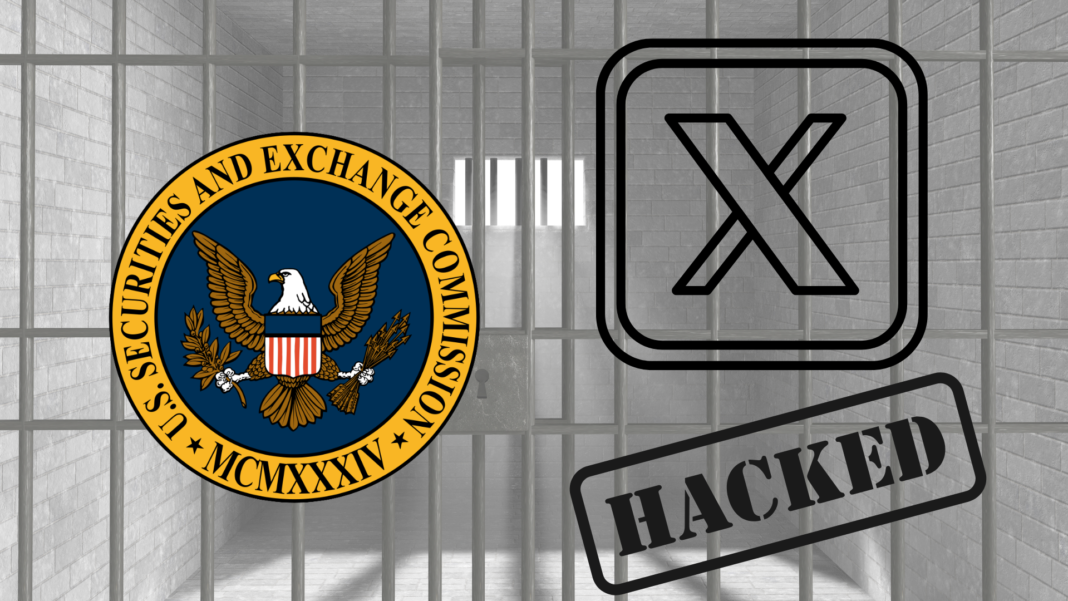An Alabama man pleaded guilty on Monday in a federal court in Washington, D.C., for his role in hacking the U.S. SEC’s X account last year.
The breach led to a false post claiming that bitcoin exchange-traded funds (ETFs) had been approved. The announcement temporarily caused Bitcoin’s price to surge.
What Happened?
According to the Department of Justice, Eric Council Jr., a 25-year-old from Athens, admitted to conspiring to gain unauthorized access to the SEC’s official X (Twitter) account. He was arrested in October, nearly ten months after the January 9, 2024, hack.
Council’s Role in the Hack
Prosecutors say Council used a fraud yearsulent ID to deceive a phone store employee into granting access to a device linked to the SEC’s X account. This allowed him and his co-conspirators to take control of the account and post misleading information.
Authorities have identified Council’s online aliases as “Ronin,” “Easymunny,” and “AGiantSchnauzer.” He allegedly received $50,000 in Bitcoin from his unidentified co-conspirators in exchange for his role in the hacking scheme. As part of his plea deal, he has agreed to forfeit that amount to the government.
Legal Consequences
Council pleaded guilty to conspiracy charges related to aggravated identity theft and access device fraud. He now faces five years in prison. His sentencing is scheduled for May 16 by Judge Amy Berman Jackson.
The hack was particularly significant as it occurred during a crucial period when the SEC was reviewing applications for bitcoin ETFs. A false post on the SEC’s X account claimed that the agency had officially approved these financial products, leading to a brief surge in Bitcoin’s price.
Bitcoin ETF Approval and Market Impact
At the time of the hack, investors were closely watching the SEC for a decision on spot bitcoin ETFs. These funds were expected to bring in major institutional investments and further legitimize cryptocurrency in traditional financial markets.
The unauthorized post spread quickly, causing market volatility before the SEC clarified that it was false.
A day after the hacking incident, the SEC officially approved regulatory changes allowing the launch of bitcoin ETFs. Despite the market recovering from the false announcement, the incident raised concerns about cybersecurity at major financial institutions.
Cybersecurity Concerns and Future Implications
The breach underscored the growing risks associated with social engineering attacks, where hackers manipulate individuals into revealing sensitive information. It also highlighted the vulnerabilities of high-profile accounts, even those of regulatory agencies.
Authorities continue to investigate the full extent of the scheme and the identities of the Council’s co-conspirators. The case serves as a reminder of the importance of cybersecurity in financial markets, especially as digital assets gain mainstream acceptance.
Council’s sentencing in May will mark the next step in resolving the case, but the broader implications of the SEC hack remain a significant topic in both regulatory and crypto circles.
Also Read: Nasdaq’s X Account Hacked, Used for Fraudulent Memecoin Promotion


